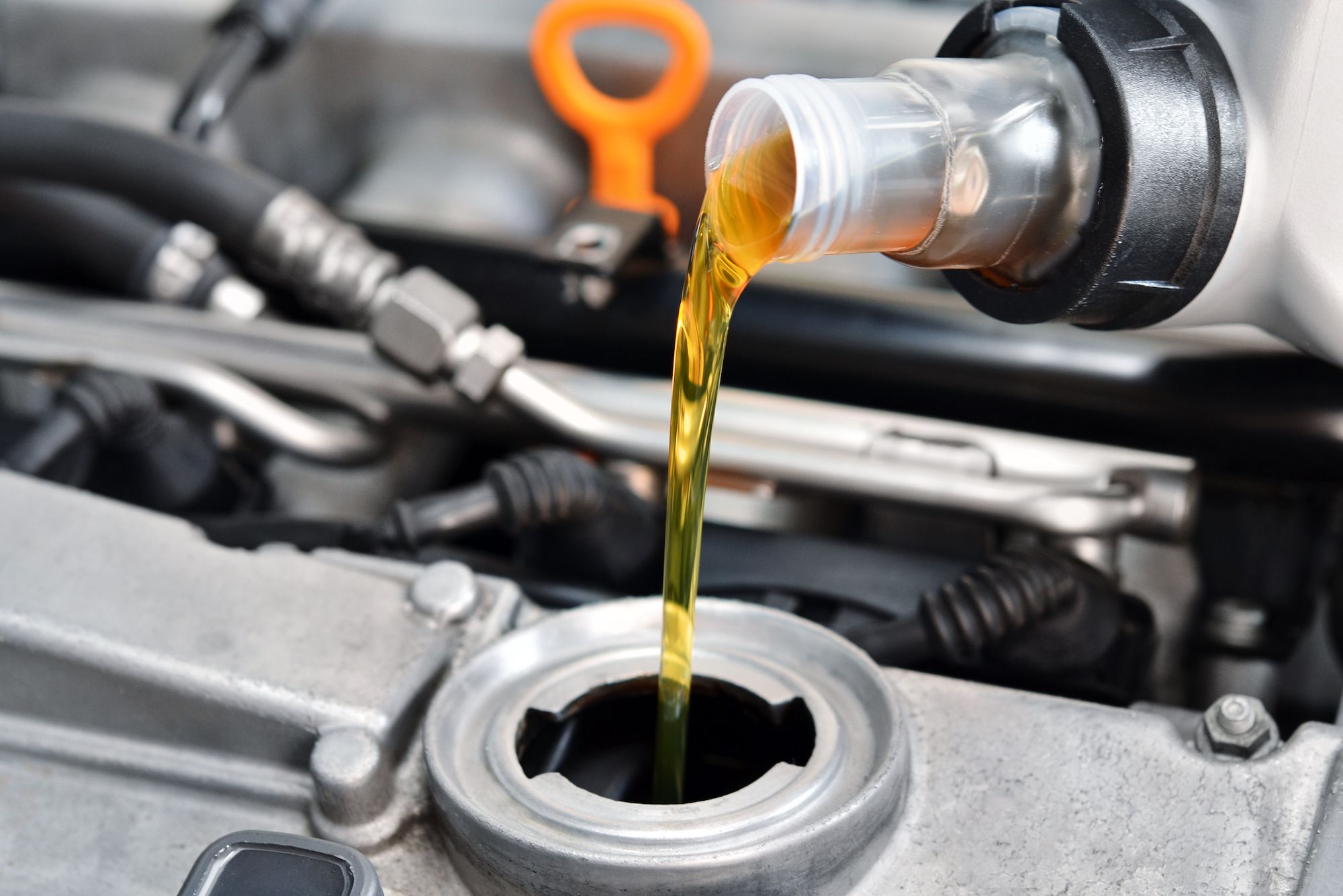All Categories
Featured
Table of Contents
- – 1. Set Up Routine Oil Changes.
- – 2. Display Tire Pressure and Rotate Tires.
- – 3. Check and Replace Wiper Blades.
- – 4. Examine Fluid Levels Consistently.
- – 5. Examination and Change Your Battery as Needed.
- – 6. Examine Brake Pads and Rotors.
- – 7. Change Air Filters Consistently.
- – 8. Watch on Lights and Signals.
- – 9. Protect the Paint and Outside.
- – 10. Stay with an Upkeep Arrange.
- – Conclusion.

Routine cars and truck upkeep is essential for each driver, ensuring that your lorry runs smoothly, safely, and effectively. By on a regular basis examining your car's vital systems, you can protect against costly fixings and stay clear of unexpected malfunctions. Here are some vital cars and truck upkeep ideas every chauffeur must know.
1. Set Up Routine Oil Changes.
One of the most important elements of vehicle upkeep is changing your oil on a regular basis. Oil oils your engine's components, reducing wear and warm. Gradually, oil breaks down and sheds its performance, potentially bring about engine damages. Many vehicles need an oil change every 5,000 to 7,500 miles, but you need to inspect your proprietor's handbook for specific recommendations. Staying up to date with oil adjustments expands your engine's life-span and maintains your automobile running successfully.2. Display Tire Pressure and Rotate Tires.
Low tire pressure can lead to inadequate fuel economic situation, irregular tire wear, and even blowouts. Additionally, turning your tires every 6,000 to 8,000 miles assists distribute use uniformly, expanding the life of your tires and improving overall handling.3. Check and Replace Wiper Blades.
Wiper blades are very easy to ignore, yet they are necessary for secure driving in bad weather condition. Replace your wiper blades every 6 months or earlier if you discover they're no longer clearing your windscreen correctly.4. Examine Fluid Levels Consistently.
Your car makes use of numerous liquids to function efficiently, including coolant, brake fluid, power steering liquid, and transmission fluid. Low or unclean liquids can trigger issues like getting too hot, bad braking, and trouble steering. Check liquid levels regularly, and consult your owner's handbook to know when they ought to be transformed or rounded off. Preserving appropriate liquid degrees is essential for stopping break downs and lengthening your car's life expectancy.5. Examination and Change Your Battery as Needed.
The battery powers your automobile's electrical parts and makes certain reliable begins. Extreme weather problems can reduce a battery's life-span, so it's vital to check it consistently, specifically if it's over three years old.6. Examine Brake Pads and Rotors.
Your brakes are critical to your security when traveling. Used brake pads can cause reduced quiting power and damage to your blades. If you listen to squealing, grinding, or see a longer stopping distance, it's time to have your brakes inspected. Many drivers discover it valuable to have brakes inspected during routine tire turnings or other set up upkeep.7. Change Air Filters Consistently.
Air filters prevent dirt, debris, and other contaminants from entering your engine and cabin. A stopped up engine air filter can impact your auto's efficiency and gas economic situation, while a stopped up cabin air filter reduces air top quality inside the automobile. Change the engine air filter every 15,000 to 30,000 miles, and inspect your cabin filter at the very least yearly.8. Watch on Lights and Signals.
Headlights, brake lights, and transform signals are vital for presence and communication on the roadway. On a regular basis inspect these lights to ensure they are functioning correctly. Replacing a bulb is inexpensive and normally quick, however it's important to prevent driving with busted or dim lights, which can compromise safety and lead to tickets.9. Protect the Paint and Outside.
Consistently cleaning and waxing your auto is more than simply an aesthetic measure; it protects the paint from dirt, salt, bird droppings, and UV rays. In time, these elements can damage your vehicle's paint and result in corrosion. Waxing your vehicle every few months provides a safety layer that assists keep its appearance and worth.10. Stay with an Upkeep Arrange.
Your automobile's handbook offers a maintenance routine tailored to your cars and truck's needs. Following this routine helps keep your vehicle in peak condition and addresses possible problems early. Regular examinations, including tune-ups and examinations by a professional, enable you to determine and deal with small problems prior to they become major expenditures.Conclusion.
Keeping your vehicle does not need to be complicated or time-consuming, yet it's vital for maintaining it secure, reputable, and reliable. By adhering to these tips and remaining positive with your automobile's upkeep, you'll appreciate a smoother experience, less unexpected concerns, and possibly greater resale value. Make normal upkeep a priority, and you'll profit whenever you hit the trail.Table of Contents
- – 1. Set Up Routine Oil Changes.
- – 2. Display Tire Pressure and Rotate Tires.
- – 3. Check and Replace Wiper Blades.
- – 4. Examine Fluid Levels Consistently.
- – 5. Examination and Change Your Battery as Needed.
- – 6. Examine Brake Pads and Rotors.
- – 7. Change Air Filters Consistently.
- – 8. Watch on Lights and Signals.
- – 9. Protect the Paint and Outside.
- – 10. Stay with an Upkeep Arrange.
- – Conclusion.
Latest Posts
Add Convenience and Personality to Your Home with Location Rugs
Published Apr 21, 25
1 min read
Accomplish Your Monetary Desires with WyHy's Riches Monitoring Provider
Published Apr 21, 25
1 min read
Keep Your Carpet Looking Its Best with Easy, Specialist Treatment
Published Apr 20, 25
1 min read
More
Latest Posts
Add Convenience and Personality to Your Home with Location Rugs
Published Apr 21, 25
1 min read
Accomplish Your Monetary Desires with WyHy's Riches Monitoring Provider
Published Apr 21, 25
1 min read
Keep Your Carpet Looking Its Best with Easy, Specialist Treatment
Published Apr 20, 25
1 min read